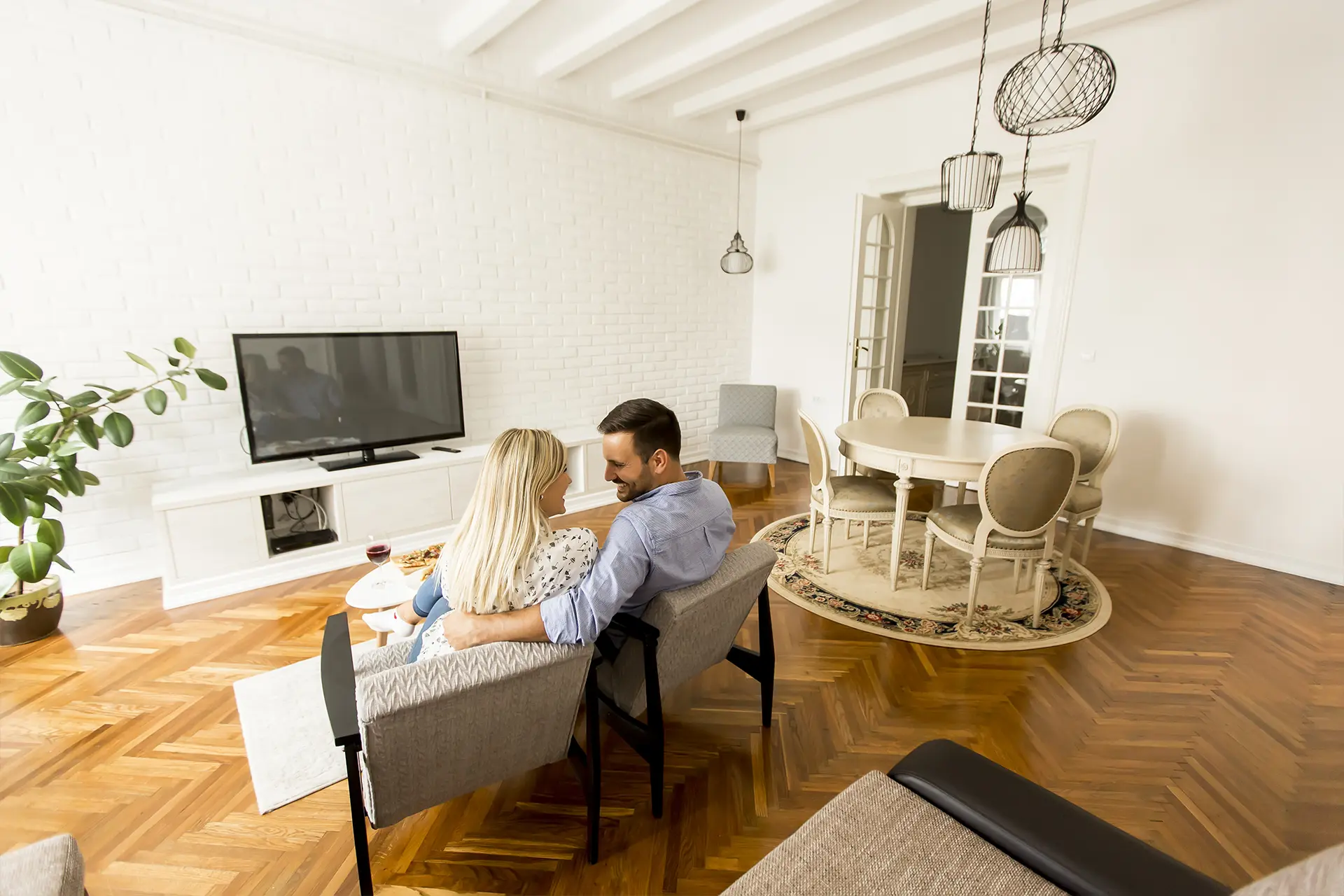Buying property in Germany can be a smart investment and a big step toward settling in one of Europe’s most stable economies. Whether you’re looking for a place to live or planning a long-term investment, this guide will walk you through the process step by step, including all legal, financial, and practical aspects.
Can Foreigners Buy Property in Germany?
Yes, foreigners can buy property in Germany without any restrictions. You do not need to be a resident, hold a visa, or live in Germany to make a purchase. This makes Germany an attractive market for international investors and expats. However, while buying is straightforward, financing can be more complex. Most German banks are cautious when it comes to lending to non-residents and may require a larger down payment (20-30%) and extensive documentation, such as income verification and a detailed financial background check. It’s also important to consider tax implications, especially if you plan to rent out the property or are subject to double taxation agreements between Germany and your home country.
For more on property rights, visit the Federal Ministry of Justice (BMJ): https://www.bmj.de/EN/
Understanding the German Property Market
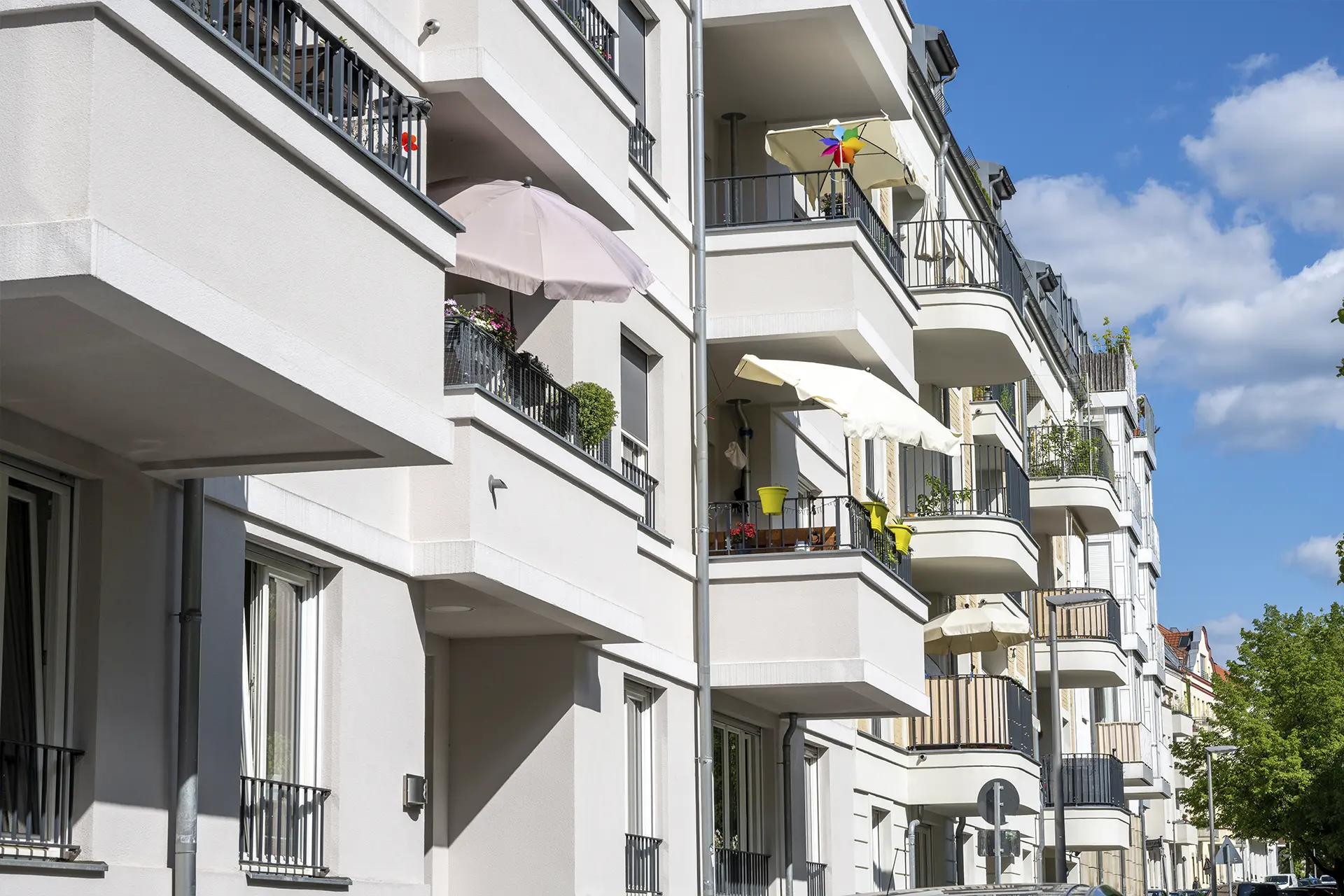
Germany has a very structured and regulated property market. The most common types of residential properties include:
- Altbau: Older buildings, typically built before 1945, known for high ceilings and charming architecture. These properties may require more maintenance but are often located in central areas.
- Neubau: Modern constructions built after 1945, often featuring energy-efficient systems, modern layouts, and higher prices per square meter.
- Eigentumswohnung: Individually owned apartments within multi-family buildings. When you buy one, you also co-own common areas like stairwells, gardens, and basements.
Real estate trends vary significantly across cities and regions. For example:
- Berlin is known for its dynamic rental market and growing prices, although it’s still more affordable than other major cities.
- Munich has the highest property prices in Germany, driven by limited space and high demand.
- Hamburg, Frankfurt, and Stuttgart also have strong markets with excellent infrastructure and job opportunities.
Before buying, it’s crucial to research local market conditions, compare prices, and understand the long-term value and liquidity of the property.
For general market data, consult the Federal Statistical Office (Destatis): https://www.destatis.de/EN/
Step-by-Step Process
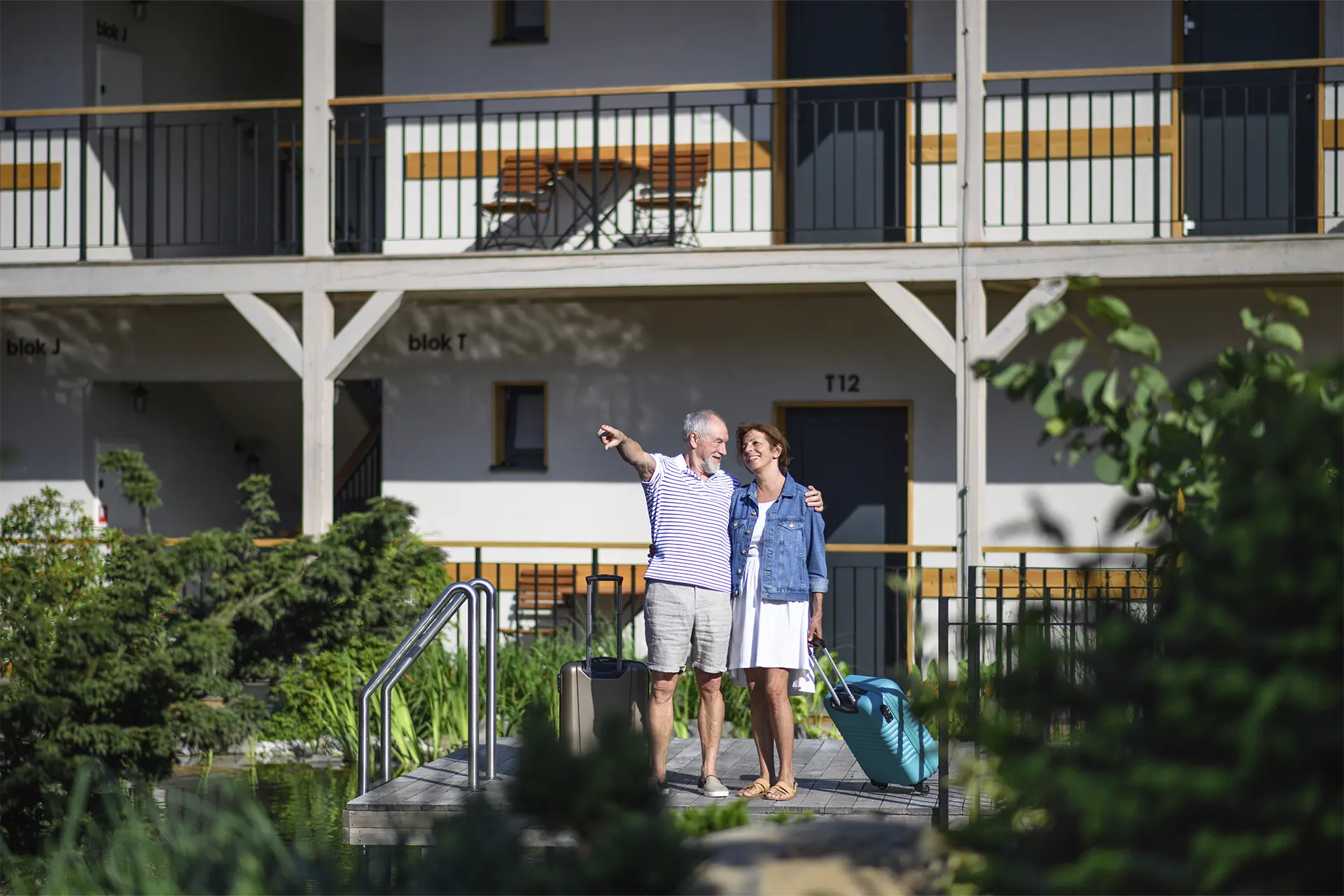
Set Your Budget
Start with a clear budget that includes not only the property price but all additional costs, which can add 10-15% to the total amount. These include:
- Grunderwerbsteuer (property transfer tax): This varies by state and ranges from 3.5% in Bavaria to 6.5% in North Rhine-Westphalia. More info at the Federal Central Tax Office (BZSt): https://www.bzst.de/EN/
- Notary fees: Around 1.5%, required by law for property transactions.
- Land registry fees: About 0.5%, for registering your ownership in the Grundbuch. Visit the German Land Registry: https://www.justiz.de/EN/Topics/Civil_law/Land_Register/Land_Register_node.html
- Makler (real estate agent) commission: Varies by region, typically 3-7% plus VAT, often split between buyer and seller.
You should also consider renovation costs, moving expenses, and future maintenance fees, especially in shared buildings.
Mortgage Pre-Approval
If you plan to finance the purchase through a mortgage, it’s recommended to get pre-approval from a bank before searching for properties. This shows sellers you’re a serious buyer and helps define your price range. Banks will assess your creditworthiness based on:
- Income and employment history
- Existing debts
- Residence status
- Assets and liabilities
For non-residents, expect stricter requirements and longer approval times. Some banks may also charge higher interest rates for foreign buyers.
You can compare mortgages on the Federal Financial Supervisory Authority (BaFin) website: https://www.bafin.de/EN/
Find a Property
You can search for properties using online portals such as:
These platforms offer listings with photos, descriptions, and contact details. When searching, consider:
- Neighborhood safety and amenities
- Access to public transport and schools
- Property condition and year of construction
Alternatively, hire a real estate agent (Makler) who understands the local market and can assist with viewings and negotiations.
Make an Offer
Once you find a suitable property, you can make a verbal or written offer to the seller. Offers are typically non-binding and serve as a basis for negotiation. In competitive markets, you might need to act quickly and offer slightly above asking price. Keep in mind that only notarized contracts are legally binding.
Hire a Notary (Notar)
In Germany, all real estate transactions must be certified by a notary. The notary:
- Drafts the purchase agreement (Kaufvertrag)
- Ensures both parties understand the terms
- Checks the land register for any encumbrances or mortgages
- Manages payments and official filings
The notary is neutral and represents the legal process, not the interests of either party.
You can find certified notaries through the Federal Chamber of Notaries (BNotK): https://www.bnotk.de/EN/Home/home_node.html
Sign the Contract
The contract signing takes place at the notary’s office. The notary will read the contract aloud, as required by law. If you don’t speak German fluently, bring a certified translator. After signing, the notary sends the necessary documents to the land registry and tax authorities.
Pay Fees and Taxes
After the contract is signed, you will receive an invoice for the property transfer tax (Grunderwerbsteuer). Payment must be made within a few weeks. The notary will also invoice you for their services. If a real estate agent was involved, they will send their commission invoice separately. The purchase price is typically transferred once all preliminary steps are completed.
Register the Property
The final step is registering the new owner in the Grundbuch (land register). This process confirms legal ownership and may take several weeks. Only after registration are you officially the owner of the property. More information can be found at your regional Justice Portal: https://www.justiz.de/EN/index.html
Costs Summary
| Expense | Percentage of Property Price |
|---|---|
| Property Transfer Tax | 3.5% – 6.5% |
| Notary Fees | ~1.5% |
| Land Registry Fees | ~0.5% |
| Agent Commission (if used) | 3% – 7% |
These costs are usually paid separately and are not included in the property price, so it’s important to budget accordingly.
Tips and Common Pitfalls
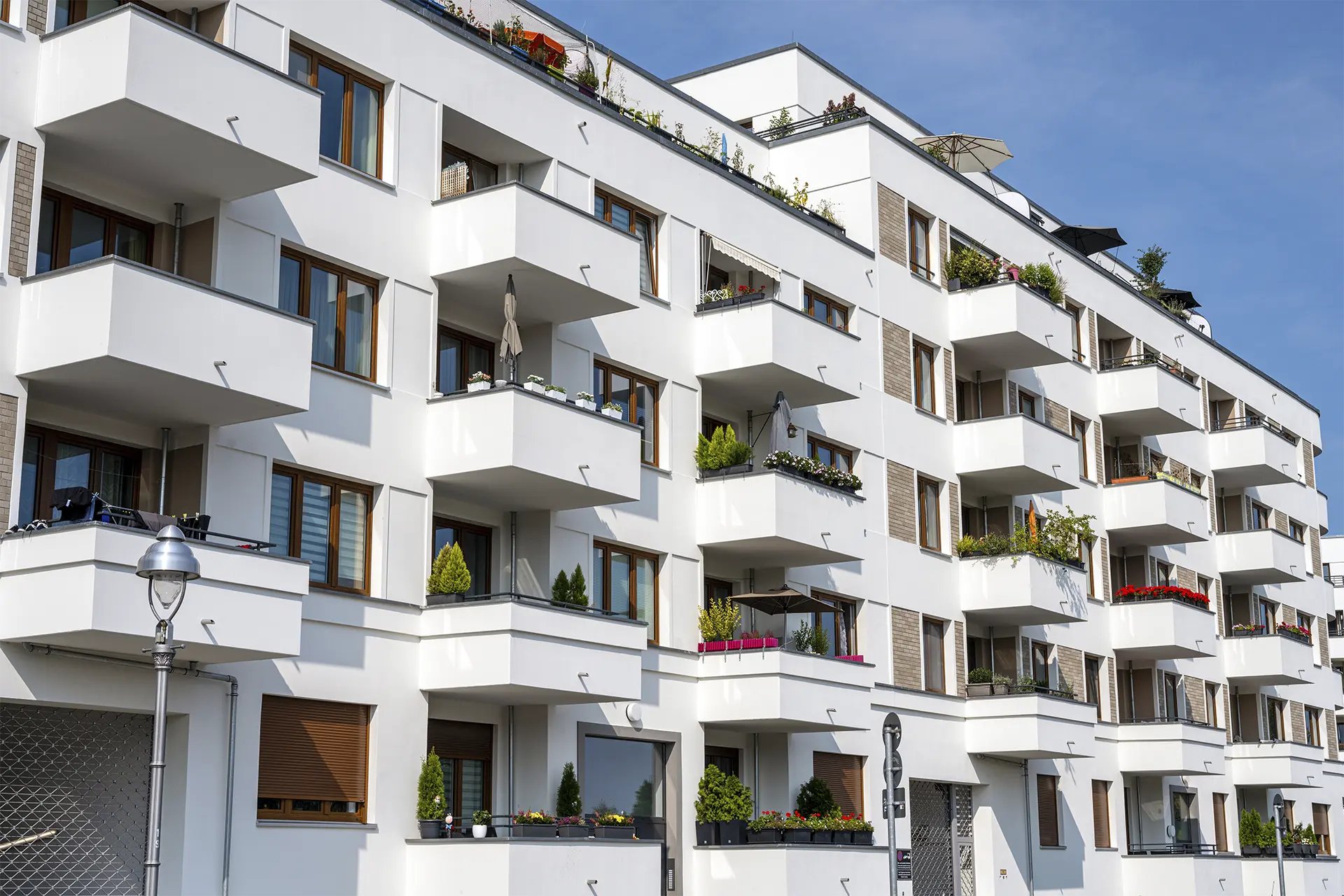
- Check the Grundbuch: Make sure there are no existing debts or rights of third parties on the property.
- Inspect the property: Hire an independent expert to check for structural issues, mold, or outdated wiring.
- Understand the Hausgeld: If you’re buying an apartment, you will pay monthly maintenance fees (Hausgeld) for shared areas. Review what is included.
- Avoid rushed decisions: Take time to understand the contract, taxes, and long-term financial impact. Don’t rely solely on the agent’s information.
- Ask for the building’s financial statement: For apartments, check the reserve fund and recent repair history.
After the Purchase
Once the property is yours, there are a few things to do:
- Notify the Finanzamt (tax office): You may need to declare ownership for tax purposes, especially if renting. You can find your local office via Bundeszentralamt für Steuern: https://www.bzst.de/EN/
- Register utilities: Set up water, electricity, heating, and internet contracts.
- Get home insurance: Strongly recommended for both owner-occupiers and landlords.
- Consider property management: If you’re not living in Germany, a management company can handle tenants and maintenance.
Conclusion
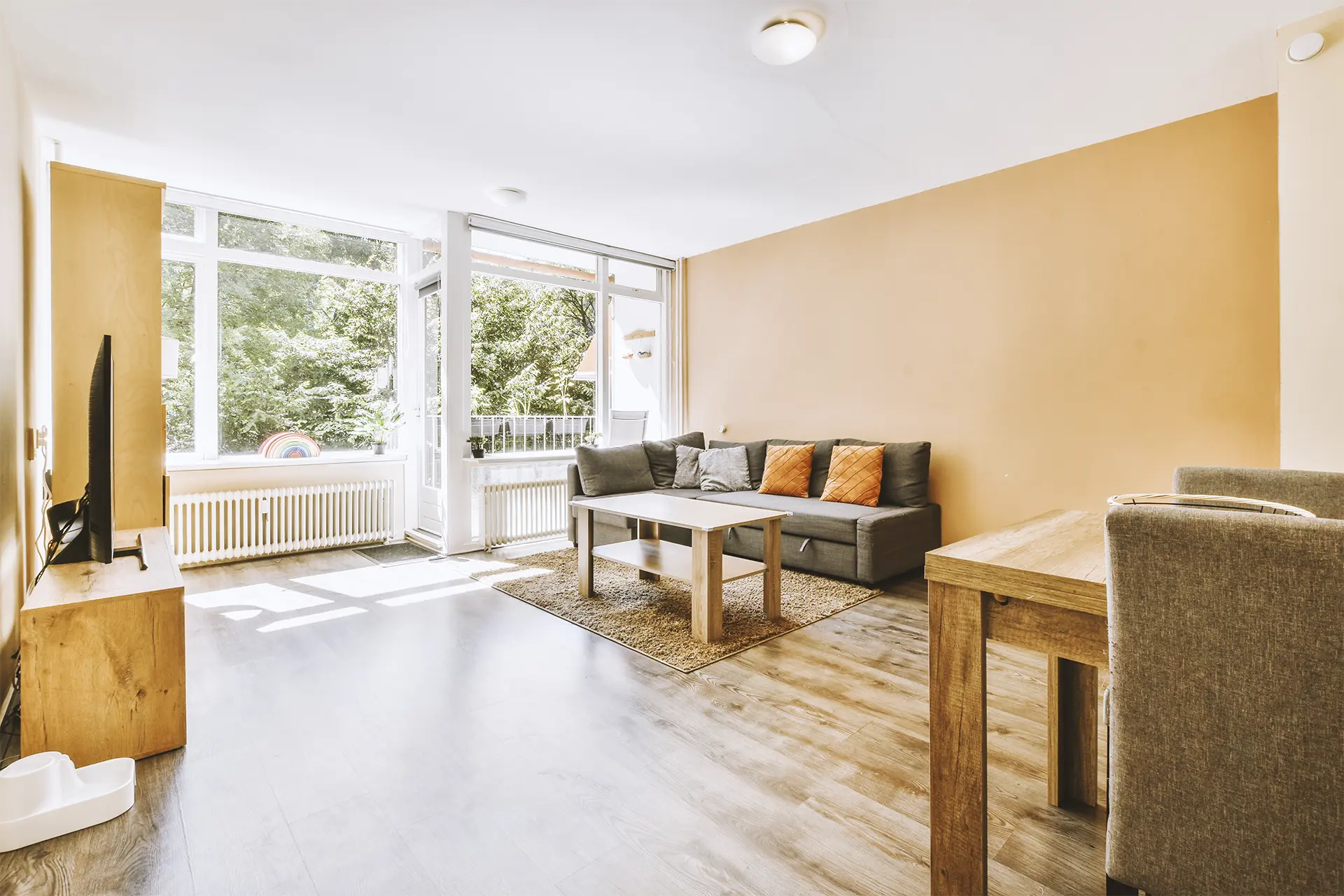
Buying an apartment in Germany is a well-regulated, transparent process. With proper research and professional guidance, even foreigners can navigate it successfully. Whether you plan to live in your new home or use it as an investment, Germany offers a secure and stable real estate environment with good long-term prospects.
This guide is for informational purposes only and does not constitute legal or financial advice. Always consult with professionals before making property decisions.

